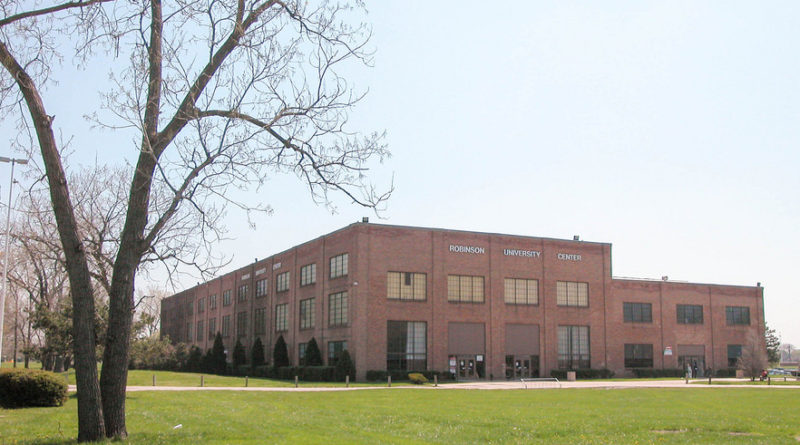Illinois Spent Millions on Canceled University Construction Projects
SPRINGFIELD, Ill. — In 2009, the state of Illinois approved an ambitious capital plan to renovate, upgrade and otherwise improve several of its higher education institutions throughout the state. Eight years later, those university campuses have had those projects either canceled or frozen indefinitely.
Apparently, bond funds intended to pay for the projects have run out, and the state legislature did not include the projects in the new state budget, a spokesperson for Illinois Gov. Bruce Rauner told the Chicago Tribune.
Altogether, the state put more than $14 million toward five major campus projects that never surpassed their respective planning phases. Among the universities adversely affected are the University of Illinois at Chicago, Western Illinois University, Illinois State University, Northeastern Illinois University and Chicago State University.
The projects were part of the Illinois Jobs Now! initiative, a multi-year capital program that included $1.6 billion in spending authorized for higher education facilities like community colleges, state-owned schools and some private institutions as well. The state sold construction bonds totaling $16 billion to underwrite a substantial portion of the program. However, the state’s Commission on Government Forecasting and Accountability, reported earlier this year, after conducting a bi-partisan study, that the program had died on the vine after having sold only $12.7 billion in capital bonds.
Moreover, university officials and project managers contend that even if the monies were to become available, at this stage, the original designs would require updating, which would incur additional expenditures. At this point, the only way the five affected universities could receive state capital funds to complete their stalled projects is to compete for the state’s limited annual capital dollars. Barring that, they could muster the political will to petition the current governor’s office and the state legislature to pass an additional multi-year capital program with the corresponding revenue it would require.
Ironically, former Gov. Pat Quinn, who originally signed the capital spending initiative into law during the first year of his term, attended groundbreaking ceremonies for several of the projects despite the fact that many of them were not yet ready for funding and remain unfinished.

